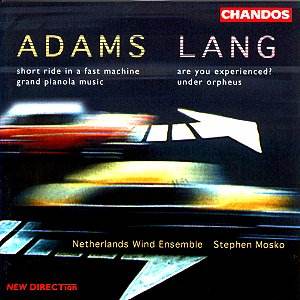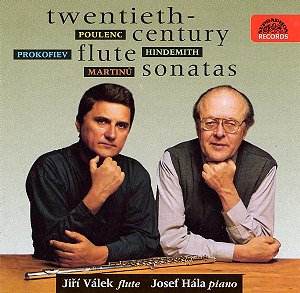 Composer: Anton Bruckner
Composer: Anton Bruckner
Works: Symphony No. 4 in E Flat “Romantic” (1874) (Nowak edition)
Performers: Hallé Orchestra, Zdenek Mácal (conductor)
Recording: Recorded in the Free Trade Hall, Manchester, April 1984
Label: Classics for Pleasure
Bruckner’s Symphony No. 4, often subtitled “Romantic,” occupies a unique position within the symphonic landscape of the late 19th century. Composed during a time when the composer was grappling with his own artistic identity and the expectations of the Viennese musical establishment, the Fourth Symphony reveals Bruckner’s complex synthesis of symphonic form and rich harmonic language. This recording, conducted by Zdenek Mácal and featuring the Hallé Orchestra, offers an intriguing interpretation of this monumental work, capturing both its grandeur and its more intimate moments.
Mácal’s interpretation is marked by a distinctly earthy quality, reflective of the Hallé’s robust brass section, which he employs to great effect. Unlike the plush sound often associated with Viennese orchestras, the Hallé’s brass emerges with a gritty, flinty character that evokes the ruggedness of the Pennine landscape. This is particularly apparent in the first movement, where the contrasts between the lush string passages and the powerful brass declarations are sharply delineated. Mácal’s approach to the symphonic structure effectively maps the emotional terrain of the work, reminiscent of Klemperer’s meticulous attention to form. The opening’s broad, sweeping gestures flow seamlessly into the more introspective moments, creating a cohesive narrative that retains the listener’s engagement throughout.
The recording quality is commendable, achieved under the auspices of engineer Mike Clements, who captures the orchestra’s sound with clarity and detail. The balance favors the brass, a choice that may challenge purists but ultimately enhances the interpretive clarity of the performance. In the second movement, Mácal highlights the elegiac quality inherent in Bruckner’s writing, maintaining the Andante marking with sensitivity. The climactic moments resonate with a palpable sense of resolution, as the listener is drawn into the contemplative nature of the music without losing the thematic thread.
The Scherzo presents a lively contrast, with the Hallé brass delivering a spirited and energetic performance, while the Trio section offers a delightful respite, characterized by a charming meandering quality. This duality is skillfully navigated by Mácal, who ensures that the shifts in mood are seamlessly integrated. The fourth movement, often criticized for its perceived weaknesses, is approached with honesty and conviction. Mácal does not shy away from the secondary theme, which Robert Simpson deemed a “crackjaw platitude.” Instead, he presents it with straightforwardness, allowing Bruckner’s development of this motif to unfold organically. The movement culminates in a finale that showcases the orchestra’s strengths, with a triumphant coda that brings the symphony to a satisfying conclusion.
Comparing this performance to other notable interpretations, such as Georg Tintner’s on Naxos, reveals a fascinating dichotomy in approach. While Tintner opts for a grander, more atmospheric reading, Mácal’s interpretation is imbued with a dramatic urgency that, though less opulent, delivers profound insights into the work’s structure and emotional depth. The Hallé’s distinctive sound lends itself well to this interpretation, providing a refreshing perspective on a piece that is frequently viewed through a Viennese lens.
The Hallé Orchestra under Zdenek Mácal offers a compelling vision of Bruckner’s Fourth Symphony, infused with the character of its Manchester roots. This recording not only stands as a testament to the ensemble’s capabilities but also invites listeners to reconsider their preconceptions about the symphony. For those willing to explore Bruckner in a distinctly Northern light, this performance is an enriching experience that resonates with both authenticity and interpretive depth.



